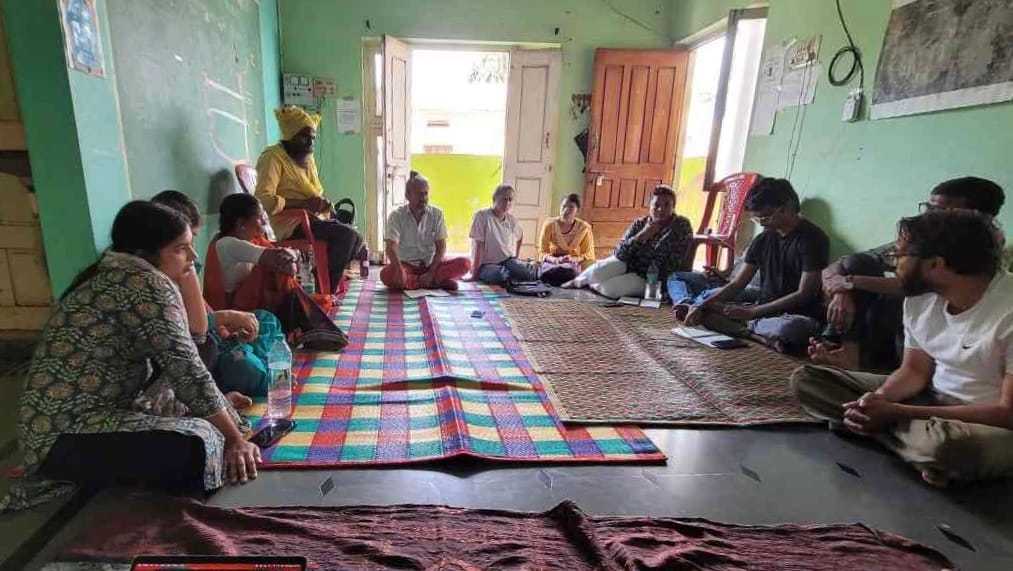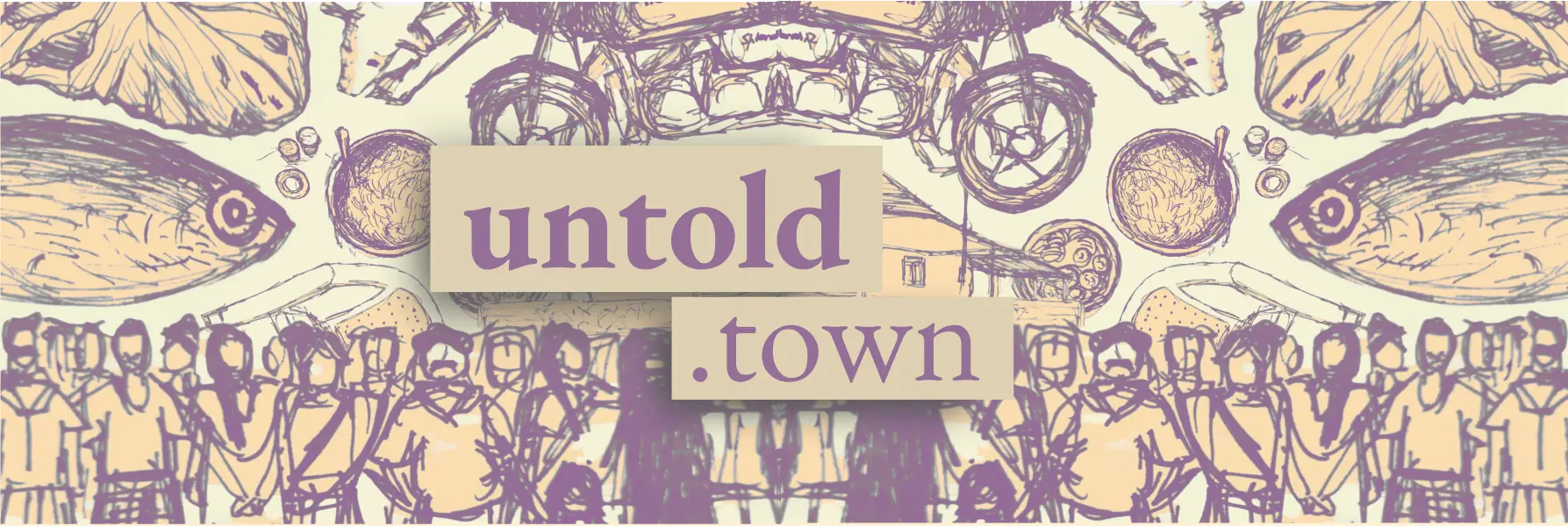
The imaginations behind almost all digital technologies we engage with today are from Euro-American imaginations. From Desktop Computers, Laptops, Smartphones to Artificial Intelligence, all of them have originated from the imaginations held by technologists in the so-called Global North.
Regions in the Global South are places that have seen rich, plural forms of creative arts and crafts practices that have emerged historically and continue to flourish through individual practitioners. Folk and traditional forms as well as new forms of creative writing (in and for regional languages), oral storytelling, performance arts, textile arts, musical arts, etc, have evolved with and through a range of technological advances in our places.
We have been wondering about what if the imaginations of advanced technologies are from the people and places they live and work from? What if the imaginations are from the people who have been making, crafting, working with technologies as part of everyday life, and shaping both the technologies and their own creative practices? What kind of human-technology relations and forms could such imaginations hold, and bring forward?
A Research & Development initiative of Aruvu Collaboratory in collaboration with LLNaF, Team YUVAA and Manesiri. A Research & Development initiative of Aruvu Collaboratory in collaboration with LLNaF, Team YUVAA and Manesiri.
